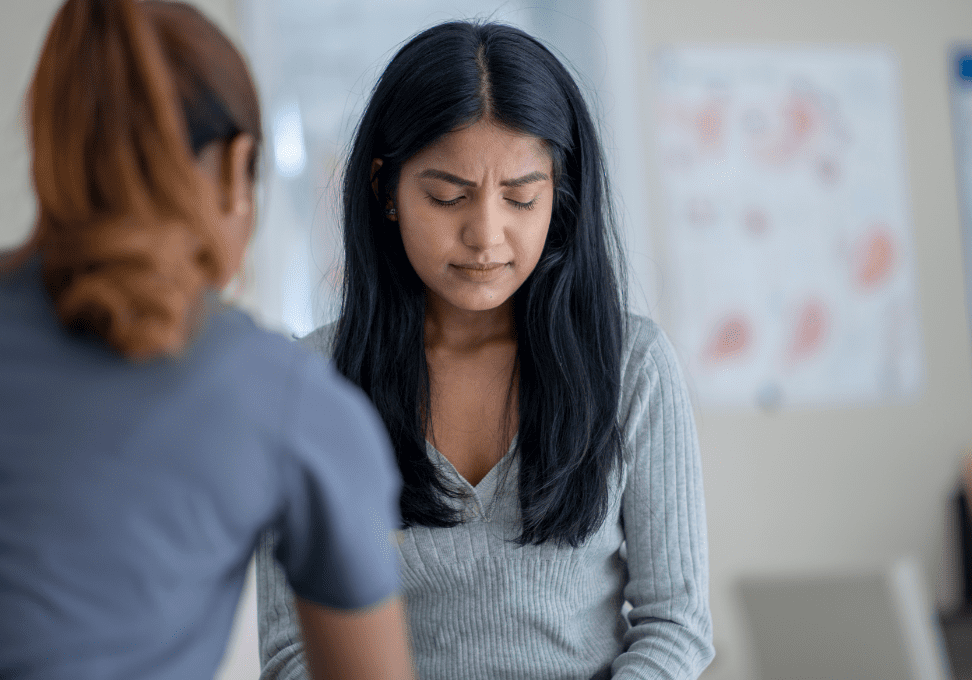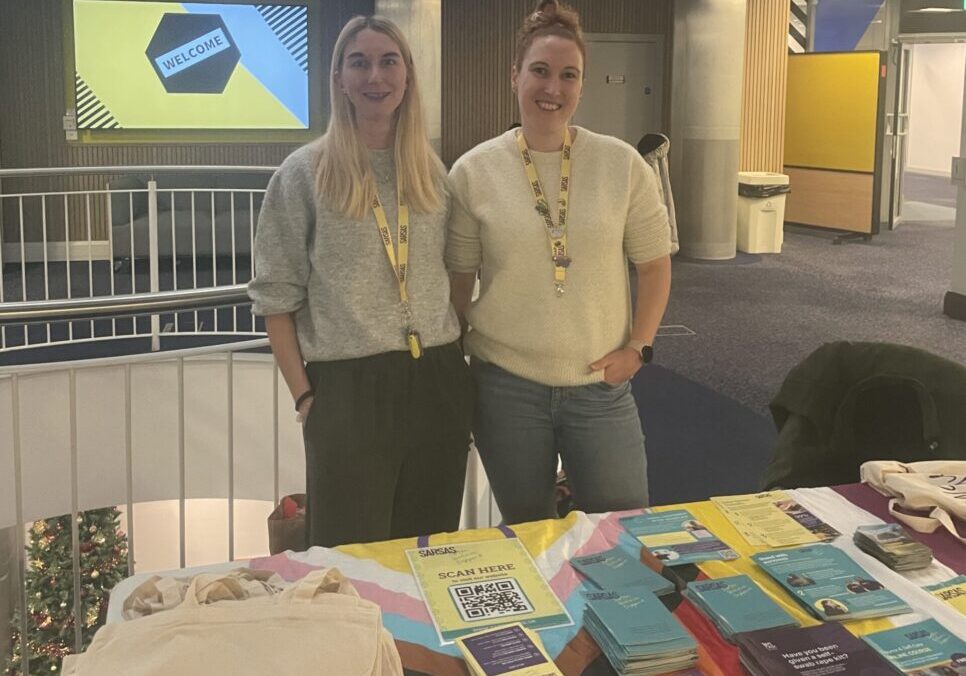
I have suicidal thoughts – how can SARSAS support me?
If you are feeling suicidal, you might be scared by these feelings and worried about what will happen if you tell anyone. Remember, there are ways to get help.
Suicide is still a bit taboo in the UK. In fact, up until 1961, it was so taboo it was a crime! If someone attempted suicide they could be prosecuted and imprisoned if they survived. So, it’s no wonder we sometimes struggle to have conversations about it.
If you are feeling suicidal, know that you aren’t alone. We know that suicidal thoughts and acts are something that lots of the people we support have experienced and research has shown that among child and teenage victims of sexual abuse there is a 42% increased chance of suicidal thoughts.
What happens if I tell you that I am having suicidal thoughts?
If you are using our helpline or one of our other services and tell us you are feeling suicidal, we won’t panic, we won’t judge you, and we won’t turn you away. Instead, we will try to figure out the level of risk there is to you. We’ll be checking if these are just thoughts or if you have a plan. Either way, we will support you.
We might look at a safety plan to help you:
- spot what triggers suicidal thoughts
- think about ways of coping that work for you
- identify loved ones and professionals you can reach out to
- plan some actions to reduce suicidal feelings.
If we are worried that you are going to complete a suicidal act and we have information about who you are and where you live, we might have to share that with other services to help keep you safe. This is because we have a legal duty of care to the people we support and because we really do care and want you to be safe.
Where else can I go for support?
There are national organisations that offer support to people with thoughts of suicide.
National Suicide Prevention Helpline UK – open 24/7 on 0800 689 5652
Hopeline UK – A confidential support and advice service for children and young people under the age of 35 who are experiencing thoughts of suicide or anyone concerned that a young person could be thinking about suicide.
Open 9am-midnight, 7 days a week on 0800 068 4141
Samaritans – open 24/7 on 116 123
If you feel that you or somebody else is at immediate risk, contact the emergency services on 999.





